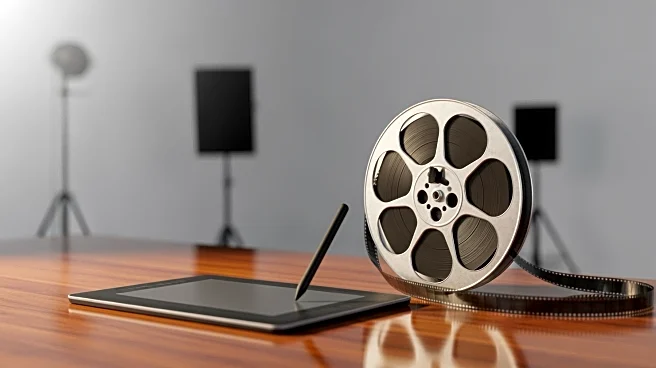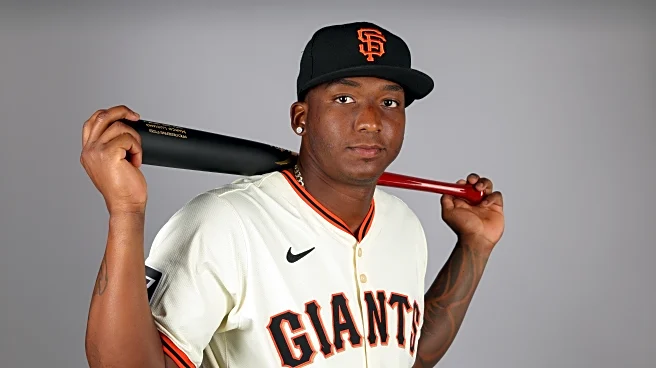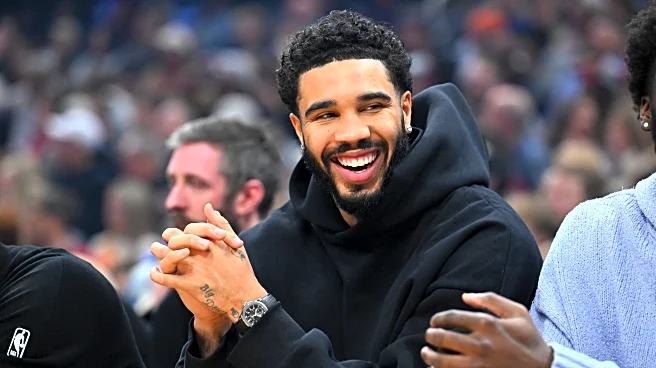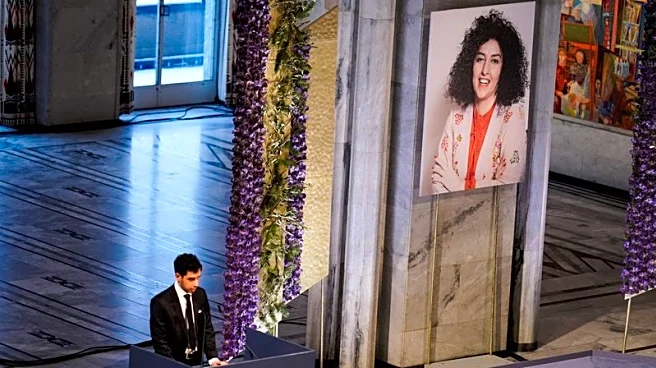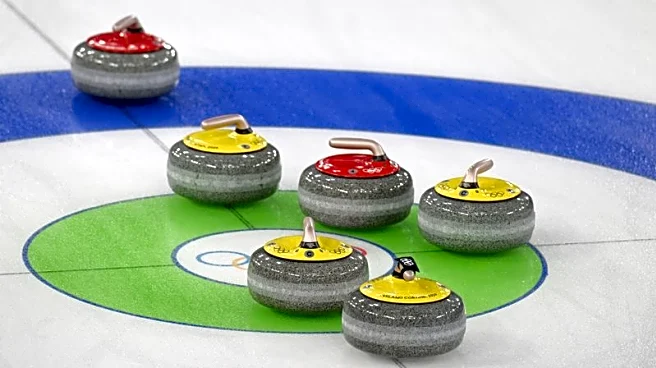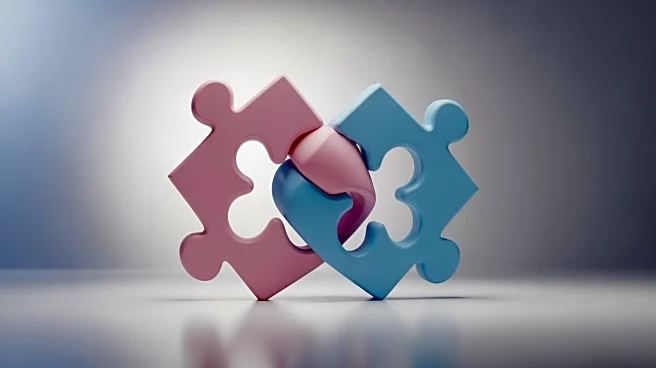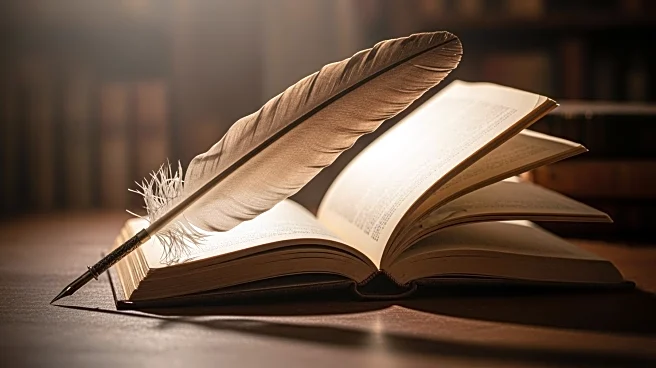What's Happening?
Alberto Mielgo, the Oscar-winning director, has publicly clarified that the eight-minute cinematic reveal video for the game Marathon was not created using generative AI. Mielgo expressed disbelief at having to make such a clarification, emphasizing that the video was produced by a team of 155 people over several months. The video serves as a foundation for the game's setting and story, and Mielgo's statement comes amidst discussions about AI's role in the game's narrative. Despite the lack of direct allegations on platforms like YouTube and Reddit, Mielgo felt compelled to address the issue. He also commented on the use of stolen art assets by Bungie, the game's developer, noting that the issue was blown out of proportion.
Why It's Important?
The clarification
by Mielgo highlights ongoing concerns and discussions about the use of AI in creative industries. As AI technology becomes more prevalent, creators are increasingly faced with questions about authenticity and originality. Mielgo's statement underscores the importance of human creativity and effort in artistic endeavors, which could influence public perception and industry practices regarding AI. Additionally, the controversy over stolen art assets raises ethical questions about intellectual property rights in the gaming industry, potentially impacting how companies manage and source creative content.
What's Next?
Sony has announced that Marathon is set to release by March 2026, with plans to make necessary corrections. This timeline suggests ongoing development and potential adjustments in response to public and industry feedback. Stakeholders, including gamers and industry professionals, may continue to scrutinize the use of AI and art assets in the game's production. The broader conversation about AI's role in creative processes is likely to persist, influencing future projects and industry standards.
Beyond the Headlines
The debate over AI in creative fields touches on deeper ethical and cultural dimensions, such as the value of human artistry versus technological efficiency. As AI tools become more sophisticated, industries may face challenges in balancing innovation with preserving traditional creative methods. This situation also reflects broader societal concerns about technology's impact on employment and the nature of work, prompting discussions about the future of creative professions.
